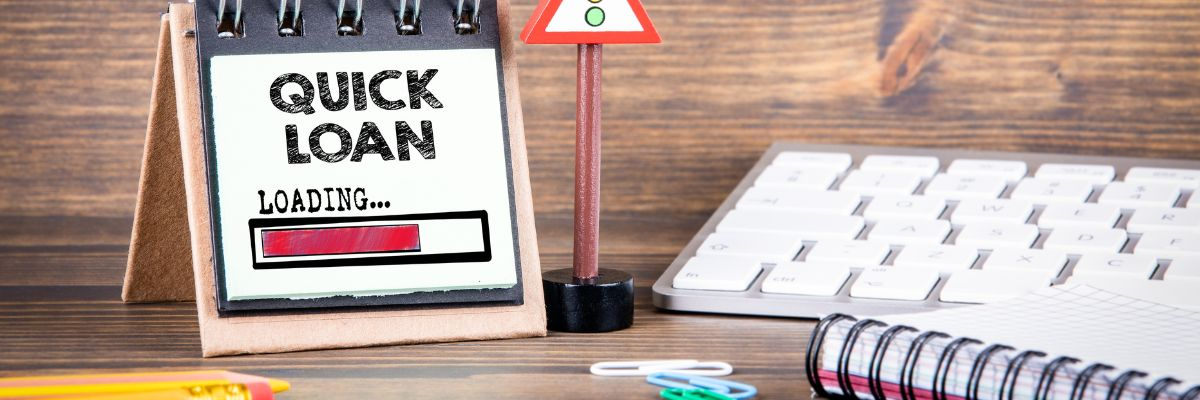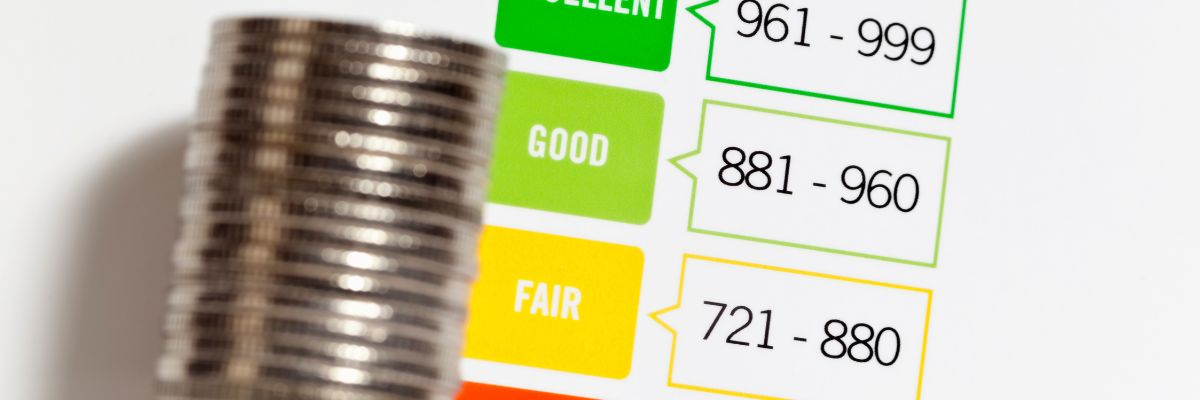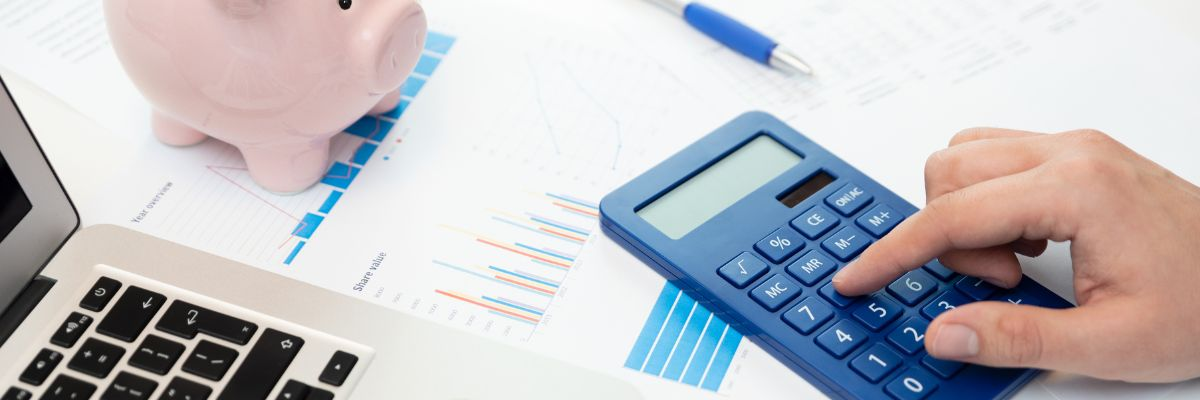How can I get a quick loan
Getting a quick loan can be possible, but it's important to be cautious and carefully consider the terms and conditions of any loan you apply for. Here are some options to consider:
Apply for a payday loan: Payday loans are short-term loans with high interest rates that are typically due on your next payday. They are meant to be a quick source of cash in case of emergency. However, payday loans are expensive and can lead to a cycle of debt, so it's important to consider them as a last resort.
Use a credit card: If you have a credit card with an available balance, you can use it to get a quick loan. However, be aware that credit card interest rates can be high, so it's important to pay off the balance as soon as possible to avoid accumulating debt.
How to Start Building Credit for the First Time ?
Building credit for the first time can be a bit challenging, but there are several steps you can take to start establishing a positive credit history:
Open a credit account: To start building credit, you'll need to have some form of credit. Consider applying for a secured credit card or a credit-builder loan. These types of credit are designed for people with little to no credit history and can help you start establishing a credit history.
Make payments on time: One of the most important factors in building a good credit score is making payments on time. Set up automatic payments or reminders to ensure that you don't miss any payments.
Keep your credit utilization low: Your credit utilization is the amount of credit you're using compared to your credit limit. Keeping your credit utilization low (less than 30% of your credit limit) can help improve your credit score.
Monitor your credit report: Regularly check your credit report for errors or fraudulent accounts. You can get a free copy of your credit report once a year from each of the two major credit reporting agencies in Canada, Equifax and TransUnion.
Avoid applying for too much credit at once: Applying for too much credit at once can result in multiple hard inquiries on your credit report, which can temporarily lower your credit score.
Build a longer credit history: The longer you have a credit account open and in good standing, the better it is for your credit score. Avoid closing credit accounts unless absolutely necessary.
Be patient: Building a good credit score takes time. Be patient and continue to make payments on time and keep your credit utilization low, and you'll see your credit score gradually improve over time.
Remember that building a good credit score is about establishing responsible credit habits and managing your finances effectively. By taking the right steps and being patient, you can start building a positive credit history and set yourself up for financial success.
How Can I Get a Personal Loan With No Credit ?
Getting a personal loan with no credit can be challenging, but it's not impossible. Here are some options you can consider:
Get a co-signer: If you have a family member or friend with good credit who is willing to co-sign your loan, this can increase your chances of getting approved. However, it's important to make sure that you can make the payments on time, as both you and the co-signer will be responsible for repaying the loan.
Apply for a secured loan: A secured loan is backed by collateral, such as a car or a savings account. This can make it easier to get approved for a loan, as the lender has some security in case you default. However, you risk losing your collateral if you can't make the payments.
Build your credit: While it may take some time, building your credit can help you qualify for a personal loan in the future. Consider getting a secured credit card, becoming an authorized user on someone else's credit card, or taking out a credit builder loan. Make sure to make all payments on time and keep your credit utilization low.
Consider a payday loan: While payday loans are not recommended as a long-term solution due to their high interest rates, they can be a quick source of cash in case of emergency. Be sure to carefully read the terms and conditions and make sure that you can afford to repay the loan on time.
It's important to carefully consider your options and to only borrow what you can afford to repay. Make sure to compare loan offers from different lenders and to read the fine print before signing any agreements.
Learn about credit score ?
A credit score is a number that represents a person's creditworthiness. credit scores range from 300 to 900. The higher the score, the more creditworthy the person is considered to be.
Credit scores are calculated based on information in a person's credit report, which includes their credit history and payment habits. Credit scores are used by lenders and other financial institutions to assess the risk of lending money to a person. A higher credit score generally means that the person is less of a risk to lend money to, and may qualify for better loan terms and interest rates.
There are two major credit reporting agencies: Equifax and TransUnion. These agencies collect information about a person's credit history and payment habits from various sources, including banks, credit card companies, and other lenders. They then use this information to calculate the person's credit score.
Factors that can affect a person's credit score include:
Payment history: Making payments on time and in full can help improve your credit score, while late payments or missed payments can lower it.
Credit utilization: This is the amount of credit a person is using compared to their credit limit. Keeping credit utilization low (less than 30% of the credit limit) can help improve a person's credit score.
Length of credit history: The longer a person has been using credit, the more information there is to assess their creditworthiness.
Types of credit: Having a mix of different types of credit, such as credit cards, loans, and a mortgage, can help improve a person's credit score.
Credit inquiries: Applying for credit can result in a "hard inquiry" on a person's credit report, which can temporarily lower their credit score.
It's important to regularly monitor your credit report and credit score to make sure there are no errors or fraudulent accounts. You can get a free copy of your credit report once a year from each of the two major credit reporting agencies in Canada, Equifax and TransUnion.


